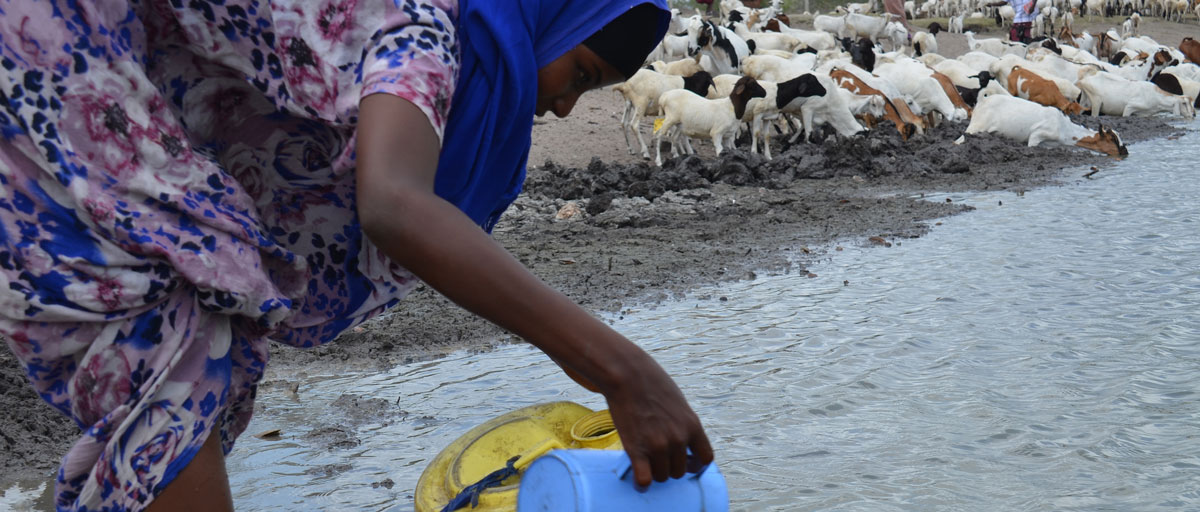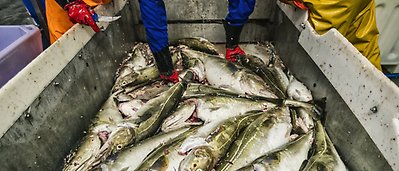Future hydroclimatic impacts on Africa: beyond the Paris Agreement
Summary
Projections of global warming in Africa are generally associated with increasing aridity and decreasing water availability. However, most freshwater assessments focus on single hydroclimatic indicators (e.g., runoff, precipitation, or aridity), lacking analysis on combined changes in evaporative demand, and water availability on land. There remains a high degree of uncertainty over water implications at the basin scale, in particular for the most water‐consuming sector—food production.
Using the Budyko framework, we perform an assessment of future hydroclimatic change for the 50 largest African basins, finding a consistent pattern of change in four distinct regions across the two main emission scenarios corresponding to the Paris Agreement, and the business as usual. Although the Paris Agreement is likely to lead to less intense changes when compared to the business as usual, both scenarios show the same pattern of hydroclimatic shifts, suggesting a potential roadmap for hydroclimatic adaptation.
We discuss the social‐ecological implications of the projected hydroclimatic shifts in the four regions and argue that climate policies need to be complemented by soil and water conservation practices to make the best use of future water resources.







